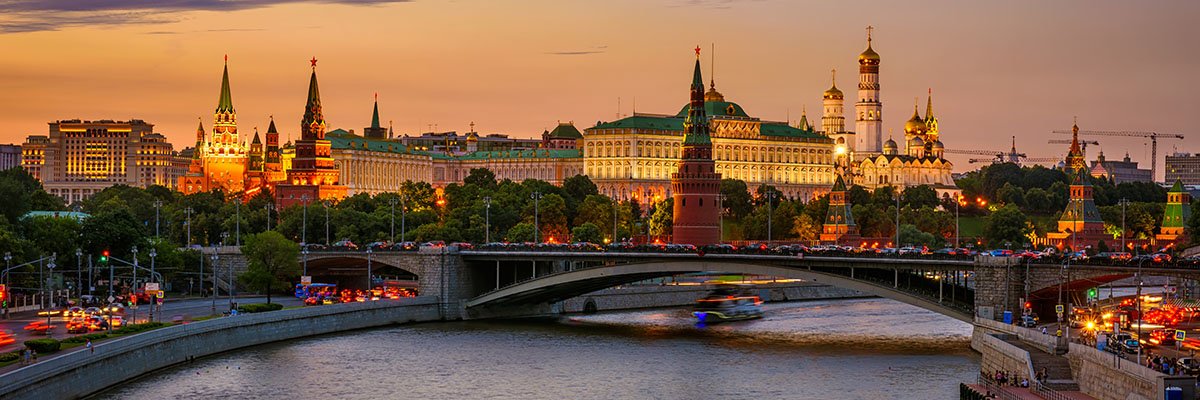
The Russian IT sector continues to experience what is probably the sharpest crisis in its history, following its exodus of Western IT companies and workers.
Russia’s IT industry has seen a huge drop in revenue this year, as Russia’s invasion of Ukraine instigates economic sanctions from the West.
The Russian Association for Electronic Communications, one of Russia’s public associations in the field of IT, recently reported that about 50,000-70,000 IT specialists left the country in March, with another 100,000 people leaving in April. The figures for May are currently unavailable, however, according to some industry sources, they will be comparable to those of previous months.
Despite the state’s optimism, some local analysts expect Russia to face an acute shortage of IT technologies in the second half of the year.
The latest state data also shows the threat is growing. According to the Russian Ministry of Information and Digital Communications, the volume of failed tenders in the field of IT in Russia so far this year grew 1.5 times compared with the same period the previous year. Since the beginning of the year, 9,500 state tenders in the field of IT, worth $432m, failed due to foreign IT companies leaving the market and the disruption of logistics.
Russian authorities are taking measures for the reduction of dependence from Western software and IT services amid the ever-growing isolation of Russia.
Russian president Vladimir Putin recently signed a decree which bans state authorities and other state customers from using foreign software on their infrastructure. In addition, since March 31, state-owned companies in Russia have been prohibited from purchasing foreign software. It’s planned that the same restrictions will apply in the case of foreign IT services.
Switching to domestic IT
Russia hopes that local state bodies and businesses will be able to switch to domestic IT to replace the majority of Western IT services and technologies in their day-to-day operations. These plans are considered possible despite the general lack of skills and experience in Russia, as well as the ongoing mass migration of skilled IT workers from the country to abroad.
Probably one of the biggest losses for the industry could become a significant reduction of Google’s Russian operation and even a possible full withdrawal. Recently, the US tech giant announced the initiation of a process of bankruptcy for its subsidiary in Russia. The reason for this was the firm’s inability to fulfil its financial obligations due to huge pressure from the Russian state resulting in the imposition of major fines in recent months.
The biggest of such fines was imposed on Google in December 2021. The company received a turnover fine of RUB7.2bn ($113m) for not deleting prohibited information. In May, the Moscow Bailiff Department launched the procedure of collection of this fine.
As an official spokesman of Google Russia said in an interview with the Russian RBC business paper, the company had previously suspended most of its commercial operations in Russia, as the freezing of its local bank account made it impossible for its Russian office to continue full operations. However, Google plans to continue its partial work in Russia through its free services, such as YouTube, Gmail, Google Maps and others, the company representative has recently said.
The exit from Russia will become a big loss both for the country and its IT sector. As a source close to the company said in an interview with the Russian edition of Forbes magazine, its priority in Russia was to promote Google as a search engine, “so that the Russian user knows that this is not a cold, American machine, but a warm, understandable service”. For this purpose, the company launched the Google Reading project, which included the online broadcasting of readings of famous Russian literary works on YouTube.
So far, due to Russia’s invasion of Ukraine and the resulting sanctions, major IT companies, including Microsoft, SAP, Oracle, IBM and Nvidia, have left the Russian market over the past three months, and there is a possibility the list of these companies will further expand.
Strict legislation
Many foreign IT companies may also consider leaving Russia due to the pressure of strict legislation in the field of IT, which leads to the imposition of regular sanctions and penalties on them.
For example, Russian IT regulator Roskomnadzor recently completed a number of administrative protocols against Apple, Google, Airbnb, Pinterest, Twitch and others for violating the existing Russian legislation in the field of localisation of Russian user databases within the territory of the country.
All of these companies face a fine of up to RUB6m, while Google faces up to RUB18m due to repeated violations. Representatives of the companies declined to comment.

Comentarios recientes